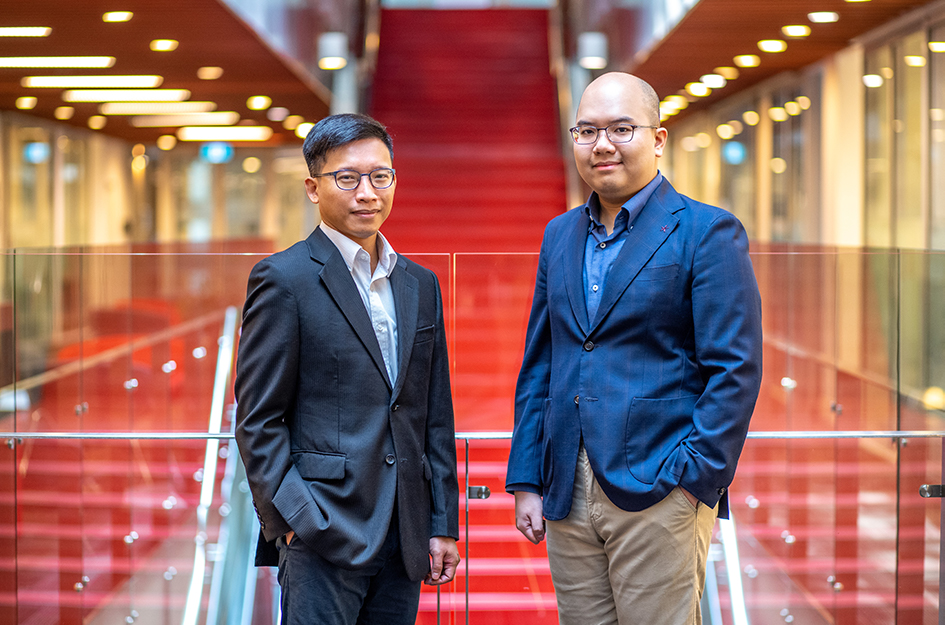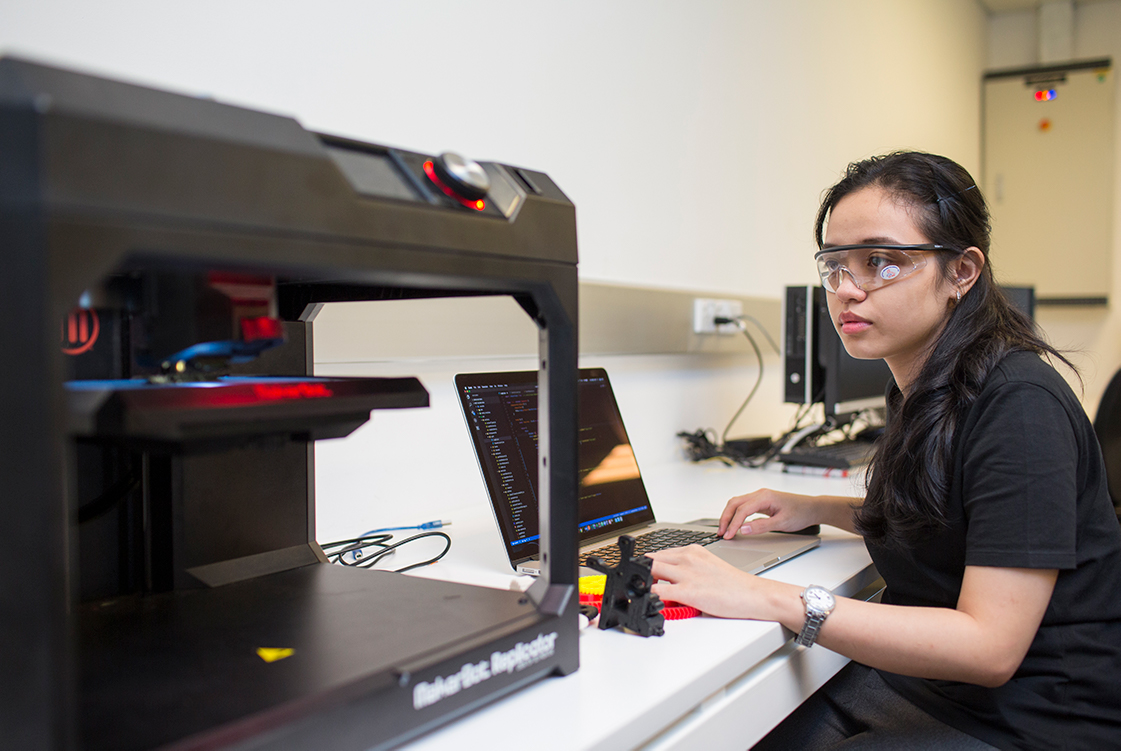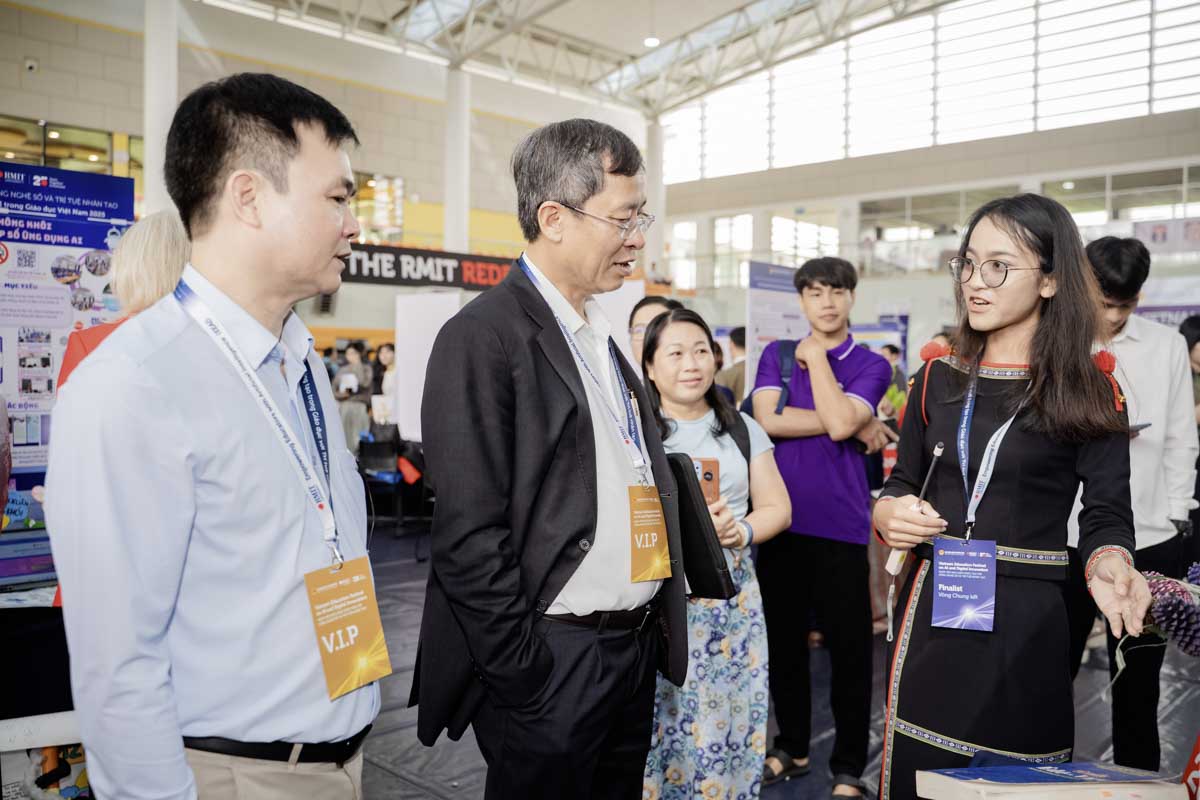Female anaemia rising as male cases fall in Vietnam
A study has revealed a growing gender divide in Vietnam’s anaemia burden, with rates rising among women while steadily declining among men.
Building collaborative governance for green maritime logistics
Vietnam’s ports face rising pressure to cut emissions. New research from RMIT reveals the risks, gaps, and cooperation needed for a credible, sustainable transition.
Vietnam Education Festival honours AI innovations in education
Co-organised by the Ministry of Education and Training (MOET) and RMIT Vietnam, the Vietnam Education Festival on AI and Digital Innovation 2025 created a nationwide platform for teachers to connect, learn and share best practice.
Generative AI and the rise of e-commerce deviant behaviour
While fraudulent returns and fake reviews have long plagued online retailers, a new twist is emerging: AI-powered return fraud.







